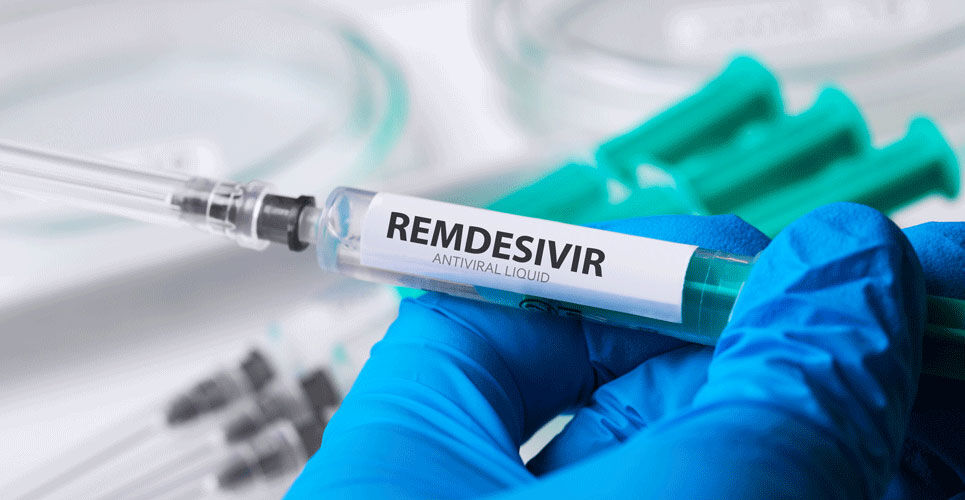Remdesivir treatment accelerates the improvement of multiple biomarkers of COVID-19 disease severity associated with better clinical outcomes
Remdesivir treatment improves several biomarkers associated with COVID-19 disease severity and which are associated with better clinical outcomes according to an analysis of trial data by researchers at Gilead Sciences.
Laboratory biomarkers serve as indicators of the underlying pathogenic process responsible for disease progression and can inform on the risk of disease progression. In COVID-19, several biomarkers have been identified including lymphocyte and neutrophil count, C-reactive protein (CRP), interleukin (IL)-6 and D-dimer as well as angiopoietin-2, which is a relevant predictor for intensive care unit admission. However, what is less clear, is how levels of these biomarkers change in response to treatment. In an attempt to understand the impact of COVID-19 therapy on these biomarkers, researchers focused on the effect of remdesivir treatment. Remdesivir is an anti-viral agent and in a recent study (PINETREE) of symptomatic, non-hospitalised patients with COVID-19, at a high risk for disease progression, a 3-day course of the drug resulted in an 87% lower risk of hospitalisation or death than placebo. The primary outcome of the trial was COVID-19-related hospitalisation or death at day 28. Using data from patients in the PINETREE trial, researchers obtained plasma samples of biomarkers at baseline, day 3 (on-treatment) and day 14 (post-treatment). The biomarkers analysed included soluble angiopoietin 2 (sAng2), interleukin (IL)-6, ferritin, lactate dehydrogenase (LDH), C-reactive protein (CRP), prothrombin time and lymphocyte counts.
Remdesivir treatment and biomarker changes
The PINETREE trial included 312 patients with a mean age of 52 years (47% female) who were randomised 1:1 to remdesivir treatment (168) or placebo and who consented to longitudinal biomarker assessments. Overall, only 6 participants (two given remdesivir and four placebo) met the primary endpoint.

Biomarker values at baseline were compared between patients who either met or did not meet, the primary endpoint. The results show that six of these markers, sAng2, CRP, IL-6, ferritin, LDH and PCT, were significantly elevated (p < 0.05) in those who met the primary endpoint.
Among all of the biomarkers measured, there were no significant difference in values between the two treatment arms at baseline. However, by day 14, there was a significant decrease in biomarker values in remdesivir treated patients compared to placebo for sAng2, ferritin, LDH, D-dimer, the international normalised ratio and prothrombin time. The most prominent difference between the treatment arms was for D-dimer at day 14 (compared to baseline) and which continued to increase in placebo-treated patients but quickly returned to baseline levels in those given remdesivir.
The authors concluded that their findings suggested that remdesivir treatment may accelerate the improvement of multiple biomarkers of COVID-19 severity, leading to better clinical outcomes.
Citation Pan DZ et al. Remdesivir improves biomarkers associated with disease severity in COVID-19 patients treated in an outpatient setting. Commun Med 2023

